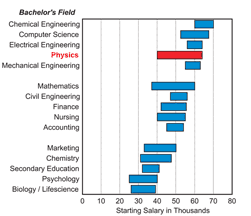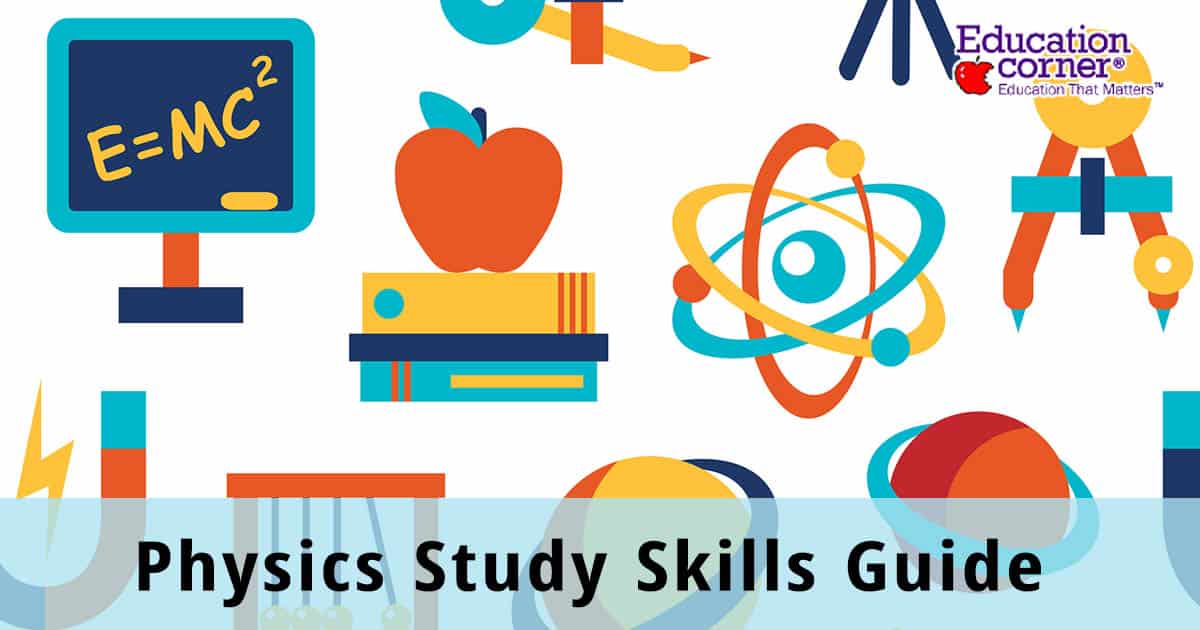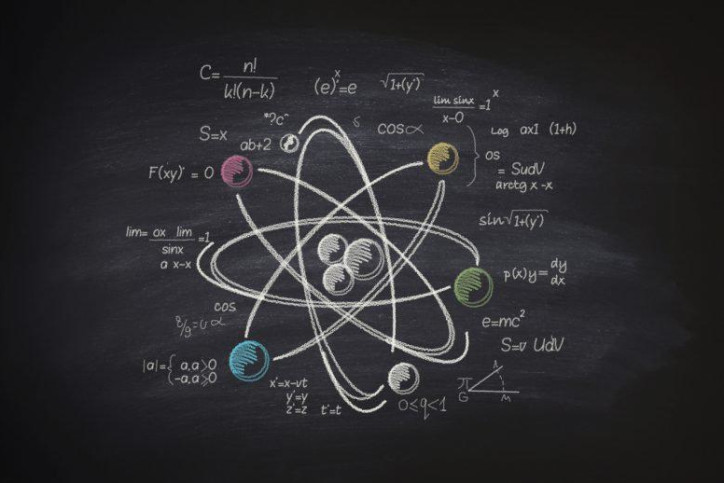Which of the Following Might a Physicist Choose to Study?

Which of the following might a physicist choose to study? This article explores the options: Bachelor of Science, Master’s degree, or Postgraduate course. You may also consider working as a researcher or a teacher in an educational institute. A Bachelor’s degree is a good choice for entry-level work, but an advanced degree can open many doors for a physicist.
Bachelor of Science
A Bachelor of Science in Physics can be an excellent option for anyone interested in exploring the fields of physics. This fundamental science has grown in popularity over the past several years. It’s a field that is constantly evolving and the field’s employment outlook is projected to increase in the future. Students can choose between classical and modern physics. Classical physics deals with electrodynamics, electricity, magnetism, optics, and more.
Students pursuing a bachelor’s degree in physics have numerous career options. Many have gone on to work in the fields of engineering, science education, and nanotechnology, or become consultants or surgeons. A bachelor’s degree in physics is highly marketable and will prepare graduates for a variety of careers in the business and public sectors. While a physics degree can open doors to many career options, it’s not right for everyone.
Bachelor of Arts
If you want to pursue a career in science without getting too technical, a Bachelor of Arts in Physics may be the right option. The Bachelor of Arts in Physics is a flexible degree program that combines liberal arts with physics. This degree can prepare you for many careers, including teaching, environmental law enforcement, business, and medical school. It also can be used as a foundation for other majors such as mathematics or business.
The curriculum is challenging, but a B.A. in physics can provide you with a broad understanding of physical phenomena and develop analytical and research skills. During your undergraduate studies, you’ll learn the scientific method, quantitative approaches to physical problems, and experimental procedures. Graduates can find high-tech jobs or create their own startup ventures in high-tech fields, or they can teach at secondary school levels. The Bachelor of Arts in Physics degree can also prepare you for a career in teaching. If you’re interested in teaching, contact FIU’s physics department for free teaching opportunities.
Master’s degree
The Master’s degree in physics program at a university focuses on providing students with a solid background in the subject. Students are partnered with faculty members in cutting-edge research and are able to demonstrate their analytical and communication skills through writing research papers and presenting findings at conferences. Graduate students also gain experience using measuring equipment and techniques and develop an ability to analyze uncertainties. There are many career opportunities available for physicists after completing this degree.
The minimum professional qualification to become a physicist in the United States is an M.S. in Physics. A Master’s degree in Physics requires at least 30 semester hours of graduate-level coursework, including a minimum of 14 credits in graduate courses. A thesis option requires students to write and defend a research paper and is usually accompanied by an oral defense. A non-thesis option allows students to complete six credits of research but requires students to complete 16 credits of upper-division physics courses.
Postgraduate course
If you are interested in pursuing a career in physics, you may want to consider a Postgraduate course in physics. The Master of Physics honours degree is one example of a postgraduate course in physics. During your course of study, you will be required to choose a specific field within physics. The master’s degree will be a specialization in physics. This degree will provide you with more knowledge and more opportunities than a normal postgraduate course.
A Master’s in physics is typically completed in two years, and requires at least thirty-five credits. The course covers specialized areas of physics, such as quantum mechanics, statistical mechanics, and special relativity. Students who choose this route must pass a comprehensive examination at the end of the program. In addition to passing the MS examination, the course includes an eight-credit research project, which is usually related to their chosen field of specialization.




Leave a Reply